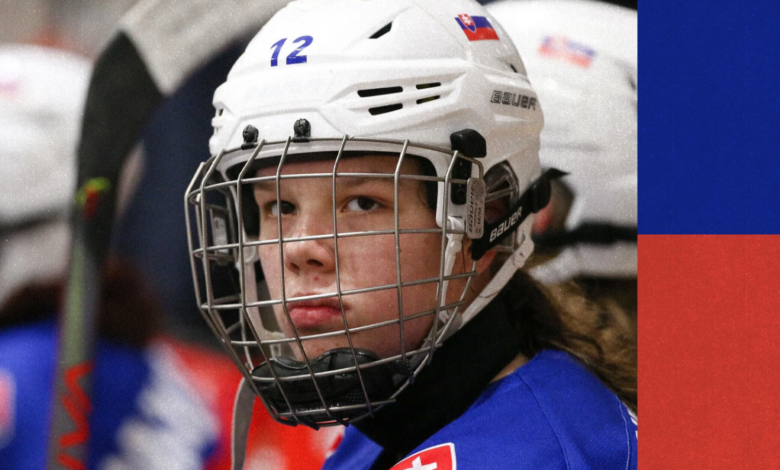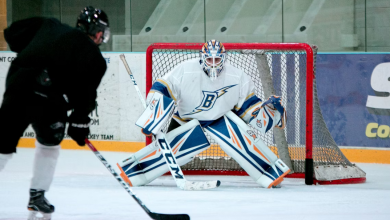Top Female Player Competing in Boys’ Tournament Suffers Serious Injury

After making her world championship debut last year, Nela Lopuanová is already recognized as one of the top female prospects in the world. She has since continued to excel playing at greater levels of competition.
Playing in the under 16 boys championship, Lopušanová gets cranked with a blindside hit by Dominik Halaj, take a look:
Absolutely brutal blindside hit on Nela Lopušanová.
Dominik Halaj received 2 min for charging.Nela seems ok. She’s out there in the 3rd. 👊 #U16BoysChampionship pic.twitter.com/mXo8zzIsAg
— Hockey News Hub (@HockeyNewsHub) April 8, 2023
Absolutely brutal blindside hit on Nela Lopušanová.Dominik Halaj received 2 min for charging.Nela seems ok. She’s out there in the 3rd. 👊 #U16BoysChampionshipNear the end of the second period Halaj came across the ice and sent Lopušanová flying. He was given a 2 minute minor for charging on the play while Lopušanová‘s teammates came to her defenceShe would return for the 3rd period before getting taken down again and seriously injuring her wrist less than 5 minutes into the period.
Nela Lopušanová out 6 weeks with a fractured wrist.
Played a helluva game today.
Wishing for a speedy recovery! 👊 https://t.co/30MdjfDslD— Hockey News Hub (@HockeyNewsHub) April 8, 2023
Following the game, Lopuanová’s wrist fracture was confirmed; she will be out for the next six weeks.
In the last boys’ match Nela Lopusanova suffered a fractured wrist. Treatment time 6 weeks.
Nela copes with it with a smile. pic.twitter.com/DPWuHmdFqh— Jozef Lopusan (@JLopusan) April 8, 2023
She is a fantastic player who doesn’t allow an injury stop her from smiling.


[…] Source link […]
[…] Source link […]